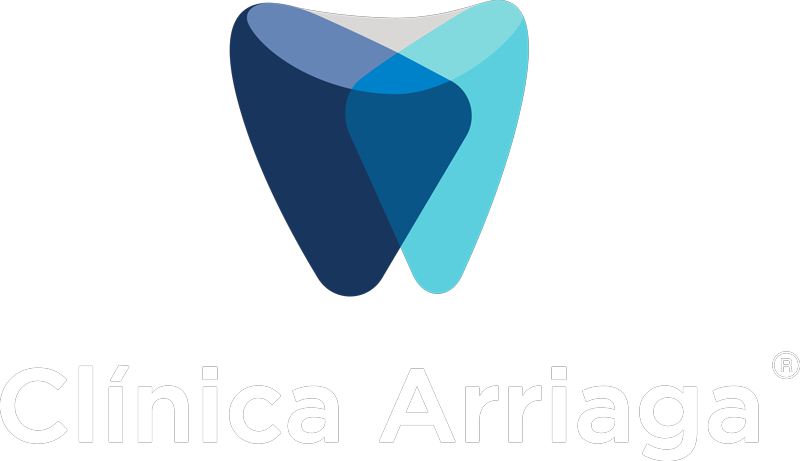Oral health and food
On the 16th of October we celebrated the World Food Day and in fact food and oral health are closely related, once the entire digestive process begins in the mouth. Teeth are extremely important in helping us to eat, just as what we eat has an impact on our oral cavity (teeth, tongue).
How important is our mouth for food?
The mouth and its structures, namely the teeth, tongue and spit, play a fundamental role in chewing, producing the food bolus and, in turn, the digestion process.
When people have missing teeth or when these teeth are incorrectly positioned (e.g. crossbites), our entire chewing function is changed.
The different types of teeth have particular functions to cut, tear or grind our food…if our teeth are missing, our food bolus is not as developed and absorption is also altered.
Saliva also plays an important role, as its viscosity allows it to lubricate and dissolve food, allowing the taste buds on our tongue to feel the flavour of the food.
How important is food for oral health?
Food plays a crucial role in maintaining oral health.
- The food we eat contributes to the proper development and maintenance of our oral structures, both teeth and mucous membranes.
- Eating foods rich in vitamins C, D, calcium and fibre keeps teeth healthy.
- A diet rich in sugars and saturated fats causes dental and gum problems.
- On the other hand, the consumption of highly pigmented, refined and flavoured foods causes bad breath and pigmentation problems.
- Similarly, a diet rich in highly acidic foods causes erosion.
Recommendations
- Maintaining correct oral hygiene, regular visits to the dentist, mouthwashes and brushing teeth at least twice a day.
- Do not brush your teeth immediately after eating acid foods.
- Maintain a balanced and varied diet, establishing 1-2 days of “abuse” in which we also reinforce oral hygiene.
- Maintain hydration.
In conclusion, maintaining optimal oral health requires a multifaceted approach. This includes practicing correct oral hygiene habits such as brushing teeth at least twice a day, using mouthwashes, and scheduling regular visits to the dentist.
It’s crucial to be mindful of not brushing teeth immediately after consuming acidic foods to prevent enamel erosion. Additionally, maintaining a balanced and varied diet rich in essential nutrients. Finally, staying well-hydrated is key to supporting saliva production and oral hydration. By integrating these practices into our daily routines, we can promote long-term oral health and well-being.




